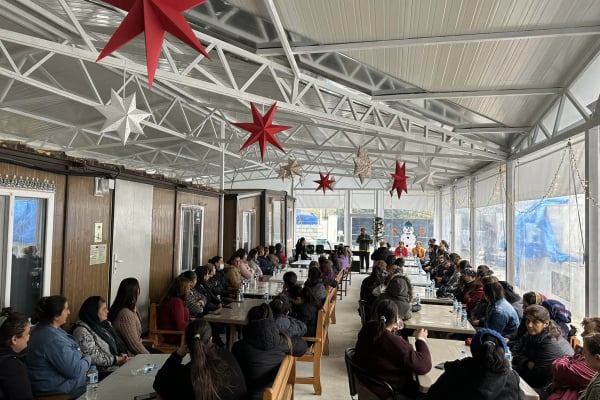
Developing Your Kids’ Cross-Cultural Understanding Without Leaving Town
Most of us don’t have the money or time to pick up and travel the world with our kids. But you can still help your children to develop a love for cultures beyond your own. Read on for suggestions to broaden their cultural curiosity.
Why does it matter that our kids have an understanding of other cultures? Because it will broaden their understanding of the heart of the gospel. It will develop in their young minds a better grasp of “how wide and long and high and deep is the love of Christ” and how God longs to see people of all backgrounds and languages and cultures trust in Him.
Host an international student.
Opportunities abound for families that are willing to open their home to host an international student who has come to the U.S. to learn English and experience American culture. Some stays are as short as a week; others are as long as a year.
If this concept is new to you, it may seem a little awkward to open your home to a teen from a culture that’s foreign to you. (Will they understand us? What will they eat? Are they safe?) But it’s a fun way to make a new friend. Some students maintain life-long connections with host families!
Your children will learn about hospitality and be challenged to be less self-focused. (Maybe they will need to share a bedroom or the take turns on the video game.) This is a great way to give your family an opportunity to practice service, hospitality, kindness and patience in your own house and give your kids (and you!) a tangible cultural learning experience.
Eat “weird” food.
It’s pretty easy these days to find “exotic” foods like sushi or tikka masala without having to drive far or even leave your house. Make it a point to integrate different cultures’ foods into your family’s culinary exposure.
If your children are picky, keep it basic. (Almost every cuisine has noodles in some form, and who doesn’t like noodles?) Your kids can learn even if the cuisine is just borderline exotic and they will realize that just because a food is different, it doesn’t make it weird and it can, in fact, be delicious!
You could also get an international cookbook and experiment with recipes from different countries, and even have your kids help in the process. Highly recommended is the Mennonite Central Committee’s “Extending the Table” cookbook, which incorporates cultural stories alongside the recipes. Or, consider asking a worker you know for their favorite recipe from the country where they serve. Your family could try it out while learning about the people of that country.
Hang up a world map.
Put a map of the world in your home and talk about countries as they come up in conversation or in the news. Have your children point at a country on the map and tell them facts about that country (Google can help you!), and show them pictures of people who live there. Get older kids involved in researching a country. Look at the Joshua Project or Operation World for great learning tools. Pick a country and pray for it. Model curiosity and love for other countries and cultures and your kids will learn it too!
Adopt a family of cross-cultural workers.
Pick a family that is serving cross-culturally and love on them in a long-term friendship. Read their updates together as a family, pray for them at bedtime, financially support them, send them packages, learn about the country where they serve. Integrate care for this family into your kids’ routine. If they’ll be in your area while they’re back for home assignment, invite them to dinner at your home. This will obviously bless the family, but it will also go a long way in teaching your children how to care about cross-cultural workers and understand the cultures they live in.
There is a plethora of ideas out there to teach your kids about missions and culture. Our goal is not to cause guilt for what you are not doing as a parent, but rather to inspire you to add one thing to your busy life to help your family grow in their understanding of the world that is much bigger than your town. You may even find the faith of a child inspires you to stretch yourself beyond your own cultural comfort.


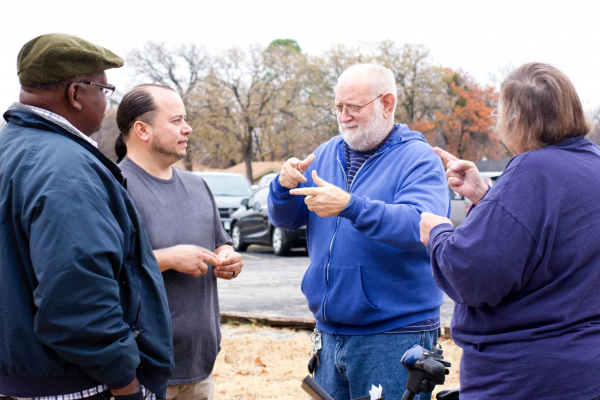

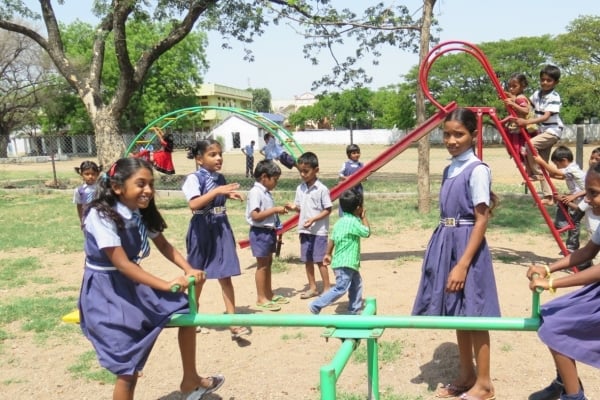



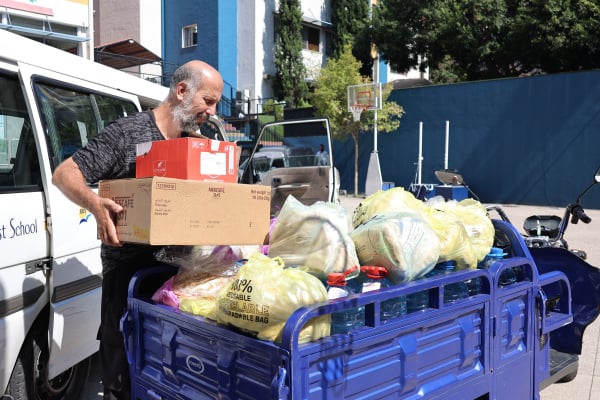


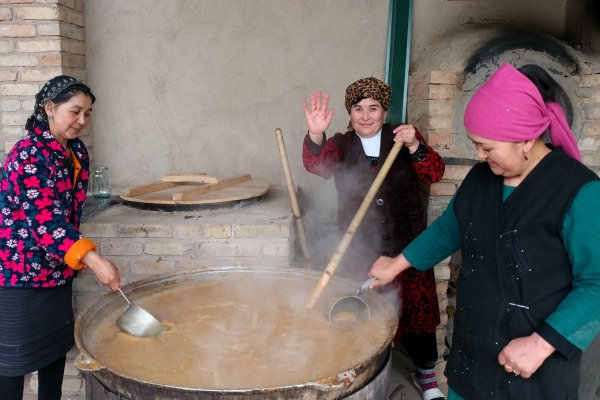





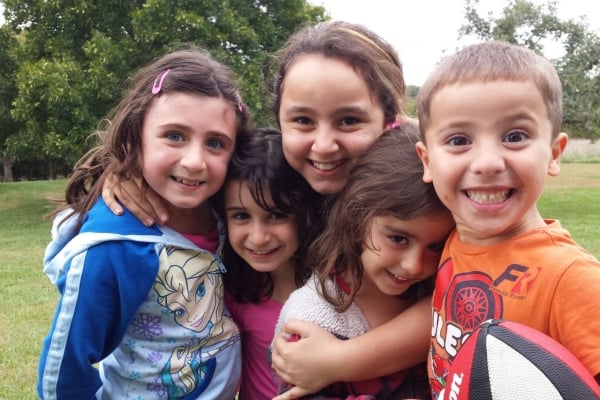


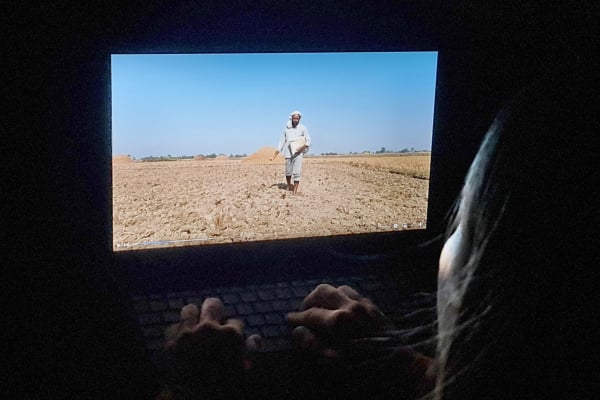









_1724957011_600x400.png)







